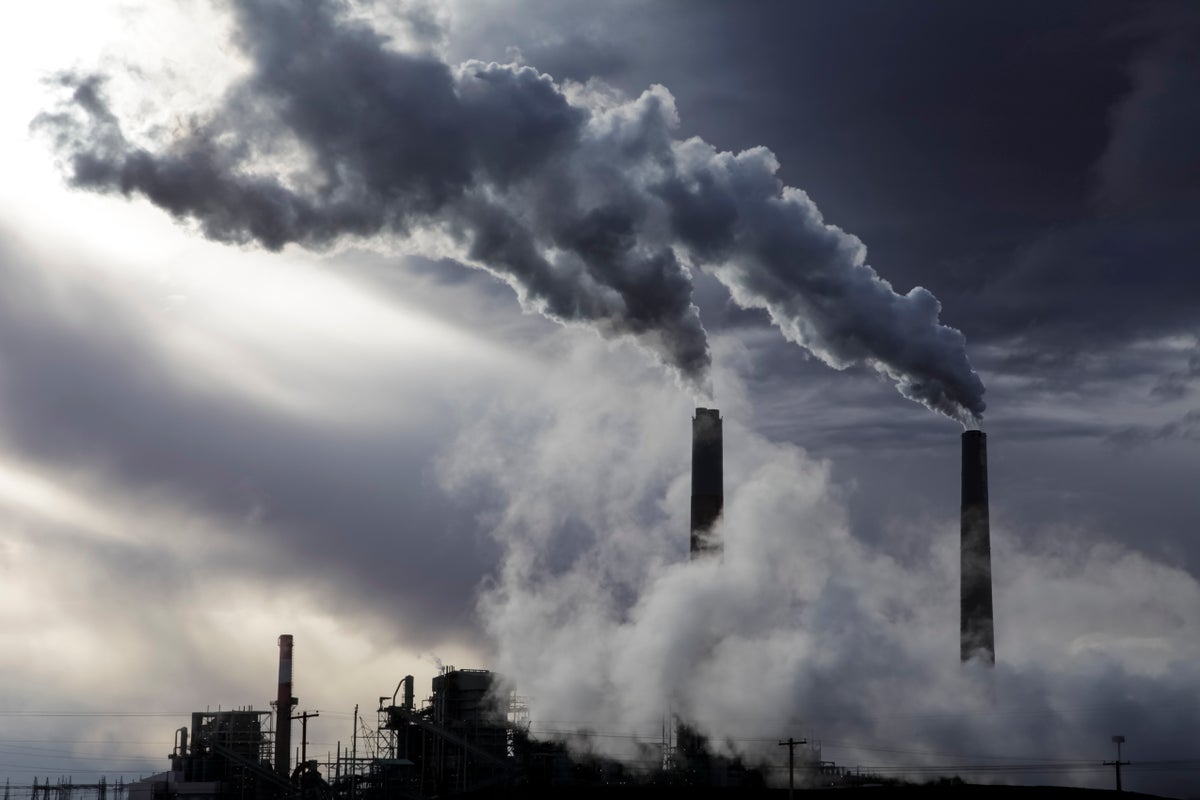The question to always ask with these articles is: Is this process prohibitively expensive, or does the process output more CO2 overall than you input? It’s always one of the two.
A third question is, can it scale up to what’s needed to begin to make a dent in the problem. The answer will unfortunately always be no, not even close. That’s how much we’ve put in the air and oceans, the numbers are huge.
Okay, then let’s just give up then.
We can’t plant enough plants to fix the problem because the plants will eventually decompose, re-releasing the carbon back into the atmosphere and environment. We need some form of carbon capture if we ever want a chance of restoring the environment to how it was. Even if we quit deforestation and fossil fuels overnight, we’ll still have all that carbon dioxide in the atmosphere, warming our planet.
Quitting fossil fuels isn’t enough to fix the problem, and quite honestly, the amount of cynicism around carbon capture on lemmy reeks of fossil fuel propaganda. If carbon capture doesn’t work then why bother pushing oil and gas companies to invest in carbon capture? Why spend the money when it could be spent on another oil well or transitioning to solar and wind? I know the latter sounds like a good idea, but again even if we switch overnight, the world will still be warming. Why don’t we make them pay for the damage they’ve done and transition to solar and wind instead of letting them off the hook?
“Oh no, it’s probably too expensive!!! Where do we put it??? It probably won’t scale enough!!! Well, might as well not spend the money, we can use it to enrich ourselves instead.”
I don’t believe it’s a waste of resources to research these things, but it gets old seeing the same headline every month for decades on end. At this point, if it isn’t an actionable process, don’t bother wasting my time with an article.
Another greenwashing method.
The slow boil will continue
So just carry on like normal people! We can keep kicking this can down the road indefinitely, allowing the O&G tycoons continue to rape the planet.
Fuck me.
I see “electrolysis” and understand “consumes a shit ton of electricity”
The opportunity, of course, is that it might become feasible to mine the air for carbon (and fold it with added electricity from transient sources like wind/wave/tide/solar) and compete with the folks pumping sequestered carbon fuels from the ground.
Of course, this wouldn’t compete with the use cases for petroleum that arise in refining the polymers in oil (think of all the plastics and other compounds that come out of the oil industry that aren’t refined fuels). Selling those products is so profitable that for years oil companies have been flaring off excess natural gas at the wellhead to be rid of it instead of spending the money to capture, contain, and ship it to market. On the one hand, if this tech to mine CO2 from the air becomes a competitor, 1 of 2 things happens:
-
- Refined fuels become cheap, so cheap that they’ll be flared off as waste instead of captured
-
- Petro-based polymers will become more expensive as their subsidy by the sale of refined fuels is undercut by competition
It’s probably #2, really refined fuels can be considered a waste product of extracting the petrochemicals
-
Any one have a better link?





